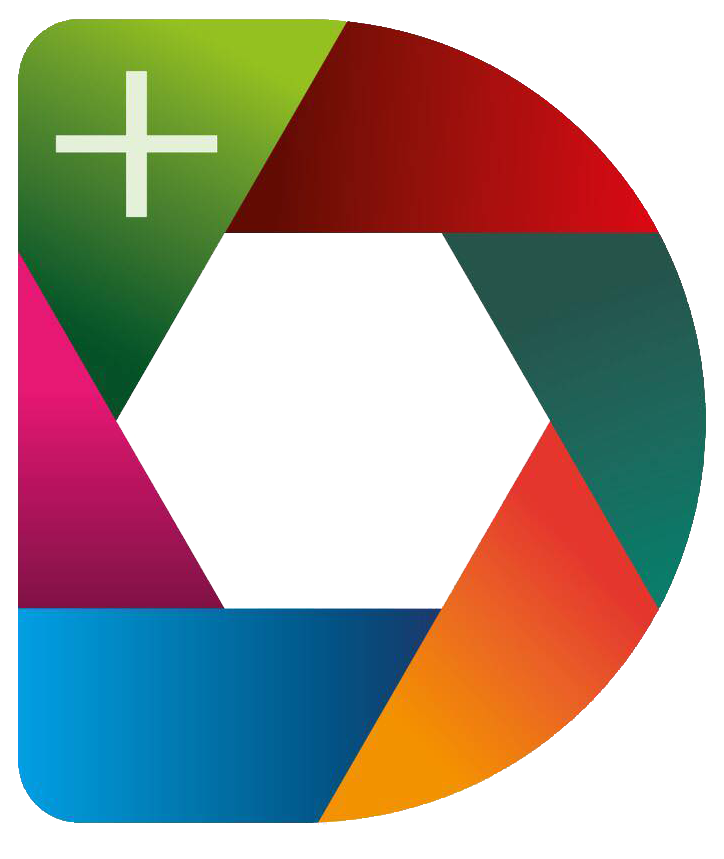Click image below to watch full video of the panel.
For this Diversity Black History Month Special Panel, we addressed sickle cell disease. Sickle cell is a disorder that affects the red blood cell. Like the name suggests, it sickles the red blood cell making transportation of oxygen more difficult. People with sickle cell often experience pains and are often in the hospital because of it.
We talked to Biba Tinga, President and Executive Director at the Sickle cell Disease Association of Canada(SDAC), Dr.Jean Walrond, President of Research and Education at Sickle Cell Foundation of Alberta (SCFA), Abbey, representative of SCFA in Calgary and Arnold Gihozo, a Software Developer at SCFA, who all told us a little bit about what is happening this month and the years ahead around sickle cell.
Biba outlines the effects of the disease at the start, stating that “the disorder is often chronic and lifelong” she goes on to say that it often comes with a lot of complications and that it is “a very very painful disease”. One thing that we often hear in the story of sickle cell is that we don’t really hear it.
There is a lack of awareness about the disease as it affects a small portion of the population and even more so affecting those of African descent at a much higher rate. Biba raises the issue of the lack of advocacy which is what she states the SDAC aims to do, an especially pertinent thing on the list of their agenda is raising the issues at a federal level. She states that “for the past 40 years all we’ve had are band aid solutions”, to show this gap in the healthcare system and patients with sickle cell.
One of the projects the SDAC is working on is the National registry for sickle cell disease which Biba states, “Is a private and secure database where you are officially visible to the healthcare system, they know that you exist . . . this will help us advocate for better quality of care”.
Dr. Jean Walrond who is the President and researcher at SCFA talks on the stigma faced by many who have sickle cell stating, “People who have sickle cell disease go to work, they go to school and they are not to be deemed as dying with sickle cell disease but to be seen as living in spite of sickle cell disease”. On the topic of research, Dr.Jean states that, “we know now that the genetic component of blood aids people who have sickle cell anemia when they have to have about 8 pints of blood. In this Dr. Jean saw an opportunity to launch a blood drive in order to get more blood that is diverse and keep score.
Another project of the SCFA is to collaborate with the school system to provide resources and provide literature on sickle cell disease. During Black History Month, Dr.Jean states that the organization plans to launch their “5 million dollar push to acquire a research chair at one of Alberta’s universities to study sickle cell anemia and sickle cell trait”. Abbey, who is a volunteer with SCFA, states why he entered the work citing inspiration from having close family members who have sickle cell. He states that “in Calgary here we are striving to increase our numbers and it’s been growing gradually. We are trying to get awareness out” Sickle cell app: Dr. Jean mentions how the SCFA is developing an app that will make blood donation faster and more accessible. She states that “it will be launching soon” and for people to be on the lookout for it.
Biba reinforces why the development of an app that will make donations more accessible stating that “If you are from the diverse community you need to understand that people with sickle cell disease need this specific blood from the diverse community, they need phenotype blood, and that’s why we are doing this work”. Arnold Gihozo, one of the software developers for the app stated that, “the project has been going on for quite a number of years and interacting with youth on social media could be the way to increase blood donations”.
So, what can you do?
Blood drive:
● SCFA website Volunteer Opportunity:
● Legal – SDAC
● Accounting – SDAC
● Board members: SCFA Biba: “We need your time, we need you to make a free gift, the gift of life. People living with sickle cell rely on blood transfusions to survive. If you are an individual from diverse communities and you can donate blood, please visit the SDAC or SCFA websites to know how to donate blood using a partner for life number.
” Dr. Jean: “The thing about donating blood is that it is an altruistic gift, the person who gets it, is indeed very grateful for it and you give it without costing a penny”.






